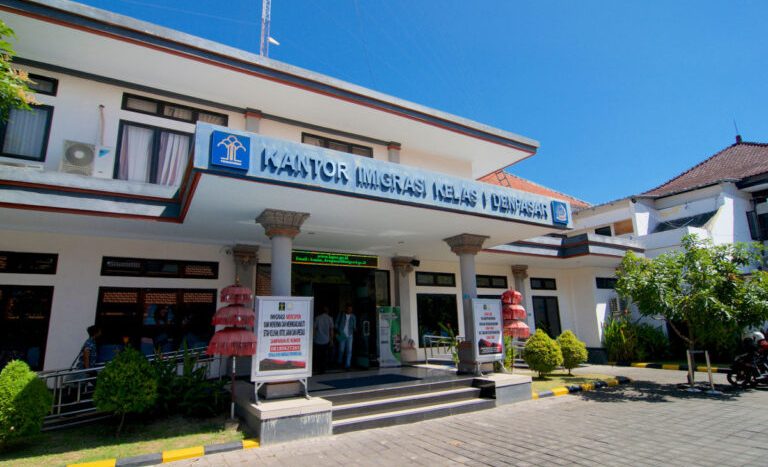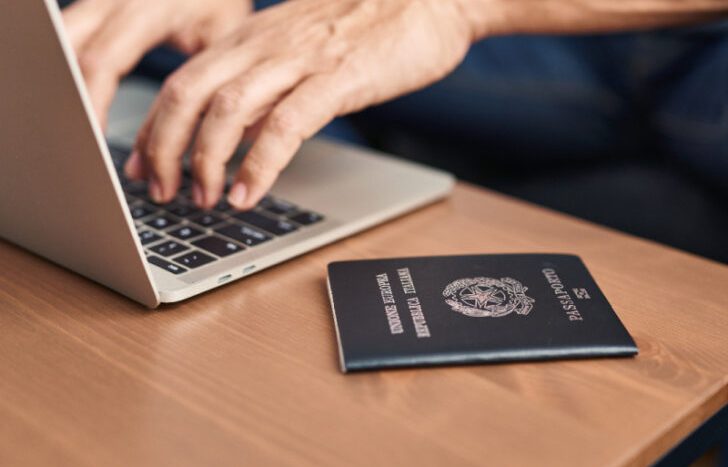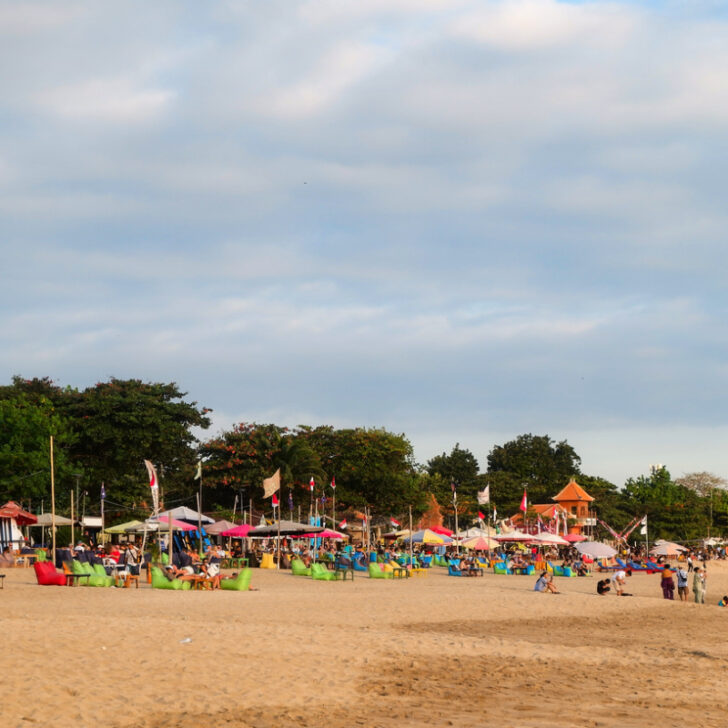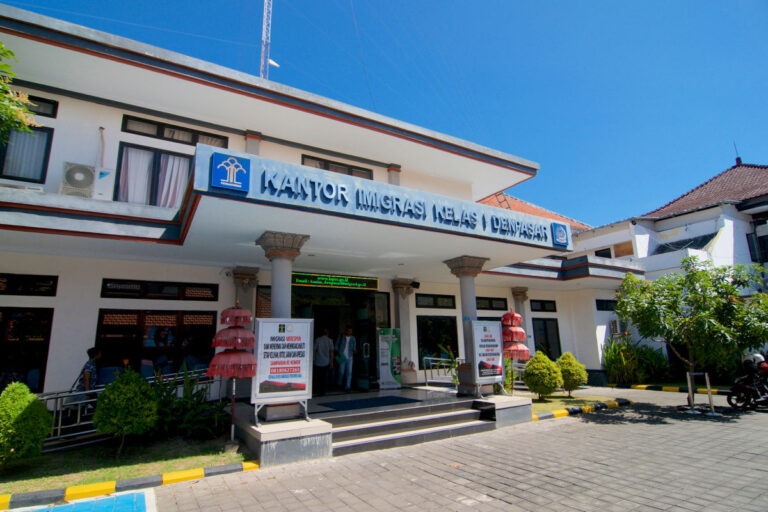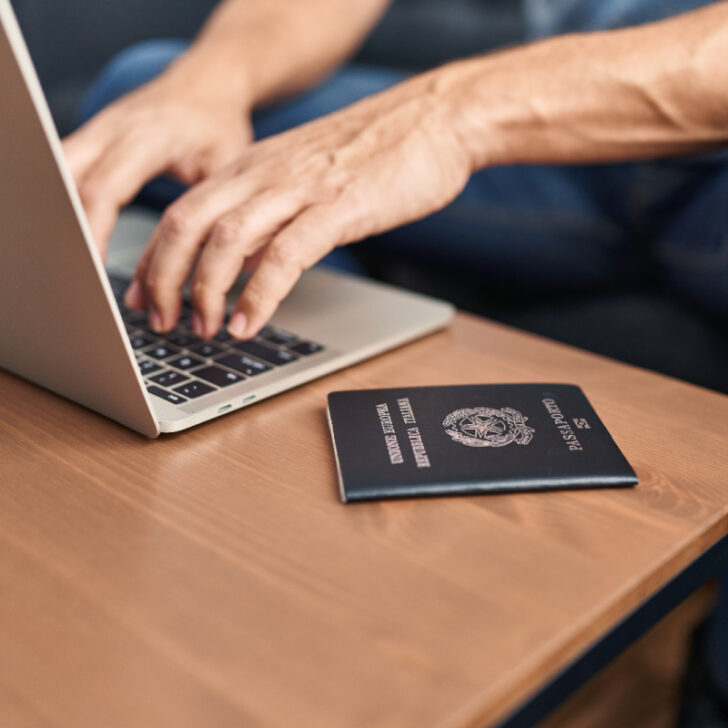Bali Illegal Tourist Accommodation
Bali Plans To Bring An End To Illegal Tourist Accommodation
Leaders in Bali are speaking out about the impact that illegally operating tourist accommodation is having on the island.
From the potential dangers to tourists to the impact on the environment and the lasting effects on the local economy and communities, one Bali-based academic says enough is enough.
Economics Professor, Prof. Dr. Putu Anom, has spoken to reporters about how an apparent rise in the number of unlicensed and illegal accommodation providers on the island is impacting the economy and the community.
Illegally operating accommodation, referred to in Indonesian as ‘bodong’ is having an ‘enormous’ impact on the Balinese economy, resulting in trillions of rupiah of losses.
Prof Anom told reporters how when illegal tourism accommodation providers are left unchecked, not only does the government miss out on vital tax revenue, but official, linseed and legally operating accommodation providers lose out on bookings. All legally operating hotels, hostels, B&Bs, guesthouses, villas, resorts, restaurants, cafes, and eateries in Bali must pay their Hotel and Restaurant Tax, referred to as the PHR.
Prof Anom told reporters that accommodation providers who do not have formal tourism permits are slipping through the next, and are not paying their PHR contributions. He shared “They are only subject to land and building tax, not PHR, because they are not officially registered as tourism accommodation, so they cannot be taxed.”
As a lecturing professor at Udayana University in Denpasar, Anom’s advice to the Bali Provincial Government is to take strict action against unlicensed tourist accommodation and to make it easier for tourists to identify unlicensed accommodation providers.
It is not only Prof. Anom who wants to see improvements to how tourism accommodation is managed in Bali. Earlier this month the Bali Villa Rental Management Association was formally inaugurated by the Deputy Governor of Bali, Nyoman Giri Prasta.
The association is on a mission to help improve the management of tourism villas in Bali, in turn improving the quality, comfort, and safety of tourist stays and supporting local business owners across the province.
The Bali Villa Rental Management Association already has 70 members who manage over 1,000 private tourist rental properties across Bali, Nusa Penida, Nusa Lembongan, and Nusa Ceningan.
In a press interview the Chairman of the Bali Villa Rental Management Association, Kadek Adyana, shared “We must be strong in Bali, how to make Balinese people and culture able to become the main pillars to strengthen tourism, do not let incompetent and illegal outsiders operate their business in Bali without permission.”
Main Article: Bali Illegal Tourist Accommodation
There are concerns that many of the accommodation businesses that are operating illegally in Bali are owned and operated by foreigners.
There is a strong focus in Bali right now, across the business world, to promote and protect the rights and opportunities of the Balinese people. It is an issue that the Governor of Bali, Wayan Koster, has also been speaking out this week.
Governor Koster told reporters that he will be ordering more strict law enforcement on both foreigners and non-Balinese Indonesian nationals who try to operate outside of the law in the province.
In statements that touched on many of the most pressing issues the island is facing right now, Governor Koster shared “I will firmly and firmly stop various violations of villas without permits, vehicles operating in Bali transporting tourists with plates outside Bali must use Bali Plates or DK, drivers must have Indonesian ID cards with Balinese addresses.”
He added ”As a regional head, it is my legal obligation to protect the Balinese people.
Likewise, we will discipline naughty tourists on the road who do not wear helmets, only wear t-shirts, violate traffic signs, and fight the police, this is not right, I will immediately deport them If those who violate the law are processed legally so that everything is orderly. I will do it firmly starting next week.”
Bali Governor Issues Policy Updates Impacting International Tourists
Bali’s Governor, Wayan Koster, has signed off on policy changes and updates that will affect all international tourists from now on.
As Governor Koster starts his second term in office, he and his teams are eager to introduce legislation that will help improve the quality of the tourism sector across the island.
Governor Koster has officially issued policies outlined in a document titled “Circular Letter (SE) No. 07 of 2025 concerning New Regulations for Foreign Tourists During Their Stay in Bali”.
This circular letter is an update to the policies outlined in SE No. 4 of 2023, which were bought into effect during his first term in office.
Speaking to the media in Denpasar on Monday 24th March 2025, Governor Koster explained “Several aspects needed refinement due to the dynamics that have occurred over the past one and a half years.”
He continued “This [circular letter] is not just an appeal but will be enforced through integrated supervision involving the Civil Service Police Unit (Satpol PP) and tourism institutions in Bali.”
He was clear that a new a special team will be formed to conduct enforcement operations for these new updates policies. Governor Koster reiterated that if foreign tourists are found violating the rules, they will face strict consequences.
The provincial leader told the media “We have prepared a special team to conduct an operation. Foreign tourists who are naughty will be immediately dealt with firmly.”
Above all else, Governor Koster and his government want to ensure that tourists visiting Bali respect local culture and honor the customs of the land.
He explained that the policy updates are a call for foreigners to “Sincerely respect the customs, traditions, arts and culture as well as the local wisdom of the Balinese people in the on-going ceremonies and ritual processions.”
These comments are particularity pertinent as Bali is just days away from observing Nyepi, the holy day of silence, on 29th March 2025.
The rules are an updated version of the Do’s and Don’ts of Bali travel as first published in 2023. The updated rules are as follows:
SE No. 07 of 2025 outlines several provisions that foreign tourists must adhere to during their stay in Bali, including:
- Respecting the sanctity of temples (Pura), religious symbols, and sacred objects.
- Honoring local customs, traditions, arts and culture.
- Wear modest and appropriate clothing when visiting sacred sites, tourist attractions, and public areas.
- Paying the foreign tourist levy electronically via the website baliprov.go.id .
- Be accompanied by a licensed tour guide when visiting tourist attractions.
- Exchanging foreign currency only at authorized money changers with permission from Bank Indonesia.
- Using the Indonesian Standard QR Code and the Indonesian Rupiah for transactions.
- Complying with traffic regulations, including possessing a valid international or national driver’s license.
- Staying in licensed accommodation and using official transportation services.
The Circulator letter also explained that in addition to the obligations, the policy also prohibits foreign tourists from engaging in certain activities, such as:
- Entering sacred areas (Utamaning Mandala and Madyaning Mandala) except for prayer purposes while wearing traditional Balinese attire.
- Climbing sacred trees or behaving disrespectfully in sacred places.
- Littering or using single-use plastics.
- Using offensive language, behaving aggressively, or spreading hate speech on social media.
- Working or conducting business without official permits.
- Engaging in illegal activities, including the trade of flora, fauna, and cultural artifacts.
Main Article: Bali Illegal Tourist Accommodation
Governor Koster concluded, “All parties must understand, implement, and socialize these [policies] to their staff and foreign tourists visiting Bali.”
In light of these legislative updates the general public are also being encouraged to actively report violations via the WhatsApp hotline at 081-287-590-999.
The Bali Satpol PP and Bali Regional Police have been given instructions to issue strict supervision and take firm action against any violations enacted by foreigners in the province.
Indonesian Immigration Office Confirms Closures Will Affect Bali Tourists
As Indonesia prepares to celebrate Eid al-Fitr, and as Bali is getting ready to also observe the holy day of Nyepi, tourists on the island are being reminded that business hours will be different for the coming week or so.
Opening hours for businesses and government offices will be changing to accommodate holiday time, including immigration.
Indonesia Immigration has announced that visa processing will be temporarily closed over the Nyepi Holy Day and the Eid al-Fitr holiday which is observed nationally.
Indonesia Immigration announced, “Visa services will be temporally closed on Friday, March 28th, 2025, due to the public holiday and collective leave for Nyepi (1947 Saka New Year) and from Wednesday, April 2nd to Monday 7th April 2025 due to the public holiday and collective leave for Eid al-Fitr 1446 H.”
Indonesia Immigration office confirmed that Visa Exemption and Visa on Arrival services will remain available at airports and ports. The Immigration Office adds “We will resume regular operations on. Tuesday, April 8th, 2025.”
They confirmed, “Visa application received on March 27th (Thursday), 2025, will be processed starting April 8th (Tuesday) 2025.”
The Acting Director General of Immigration at the Ministry of Immigration, Saffar Muhammad Godam, has urged the public, whether travelers, residents, or Indonesian nationals who are processing passport applications, visas, residency permits, and other immigration documents to complete their applications before Thursday 27th March 2025.
Godam explained to reporters “The visa system can accept applications until Thursday 27th March, but the last working day before joint leave and Eid and Nyepi holidays is Wednesday 26th. So for people who have urgent needs to take care of passports, please complete it before March 26th.”
Tourists and long-stay international residents in Bali who need to extend their visas, visas of any kind, can access the extension device via the evisa.imigrasi.go.id website to submit their application to avoid overstaying. The verification process will be completed by the Immigration officer after the public holidays are completed.
Godam explained “We are still operating optimally for departure and arrival checks at immigration checkpoints throughout Indonesia as well as electronic visa on arrival or eVoA services.
For tourists who are staying in Bali on a 30-day eVisa on Arrival and wish to extend their stay by a further 30 days, the process is incredibly simple. The eVisa on Arrival is the most appropriate visa for almost all international tourists, travelers, and holidaymakers visiting Bali, or anywhere else in Indonesia.
Main Article: Bali Illegal Tourist Accommodation
The visa is valid for 30 days and can be extended online for a further 30 days. The visa costs IDR 500,000 plus bank processing fees.
Applicants can apply for up to five travelers on one application, making it easy for families, couples, and groups of travelers to arrange their visas all in one go.
The official Indonesia eVisa website is easy to use, though it is best to complete the visa application process using a laptop or desktop computer, rather than a smartphone. Be sure to deactivate any VPN or ad-blockers before starting the application as the site tends to timeout if they are activated.
Indonesia Immigration has also recently published a guide to help tourists avoid common mistakes that mean visa applications are rejected or denied.
Indonesia Immigration explained “Getting a visa rejected can be frustrating, but it’s often avoidable! From missing documents to financial proof issues, here’s what you need to know to increase your chances of approval.”
The top reason why visa applications get rejected is due to incomplete documents. This can range from typos in names, errors in passport numbers and emails, and errors or inconsistencies in filling in passport details such as the date of issue and the date of expiry. The full guide to how to avoid visa mistakes in Indonesia can be found here.
Main Article: Bali Illegal Tourist Accommodation
Please contact us for any questions on North Bali Property
Looking to purchase a beautiful piece of land in North Bali?






